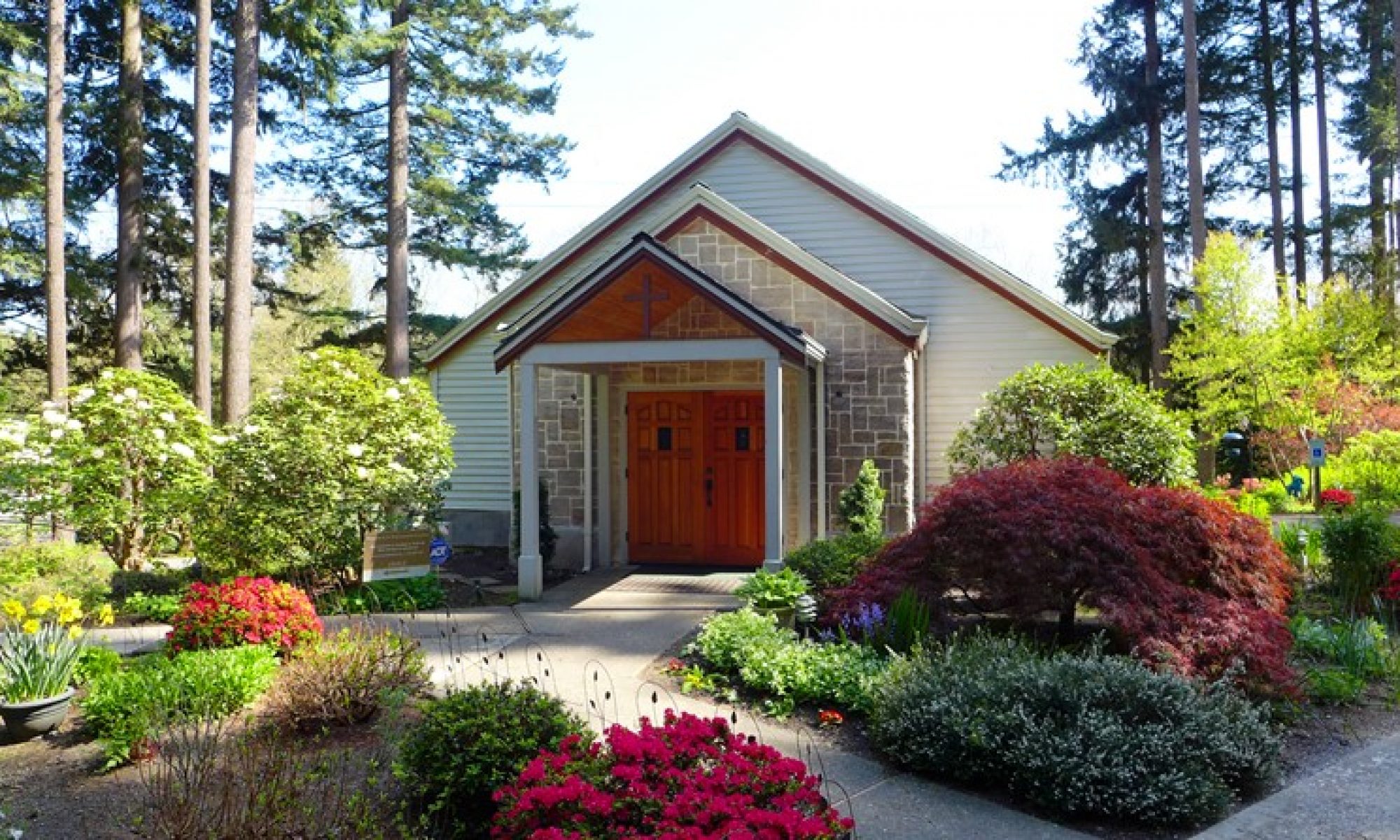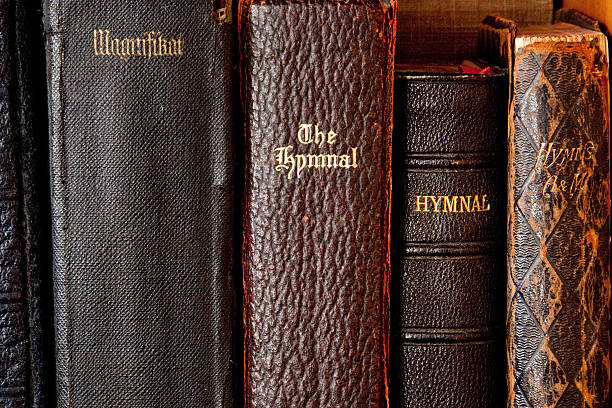Music in the Church is a universal language that at its best is capable of communicating the mysteries of a God who is both transcendent and immanent—bringing truth, goodness and beauty to a broken and fallen world in such need of the One who came “to reconcile all things to Himself” (II Cor. 5:18) and “make all things new” (Rev. 21:5). As such, sacred music reveals something of the highest goal of our striving. We aim for the Sursum Corda, the lifting up of our hearts, that we may ascend to meet the Christ who condescends to meet us.
Rather than relegate ourselves to the narrow confines of the “Contemporary Christian” sub-genre, we avail ourselves of the thousands of years of the timeless hymns, canticles, Psalms and chants of the people of God, which end up being formative for a people who desire that God’s will “be done on earth as it is in heaven.” Toward this end, we’re rooted in—but are by no means limited to—our Anglican musical heritage best known by composers such as
- John Blow
- William Byrd
- Orlando Gibbons
- John Merbecke
- Henry Purcell
- John Stainer
- John Taverner
- Ralph Vaughan Williams
- Samuel Wesley
- William Boyce
- John Dunstable
- George Frederic Handel
- Thomas Morley
- John Rutter
- Charles Villiers Stanford
- Thomas Tomkins
- William Walton
- Healy Willan
- Benjamin Britten
- Edward Elgar
- Herbert Howells
- Hubert Parry
- Martin Shaw
- Thomas Tallis
- Christopher Tye
- Thomas Weelkes
- Charles Wood

